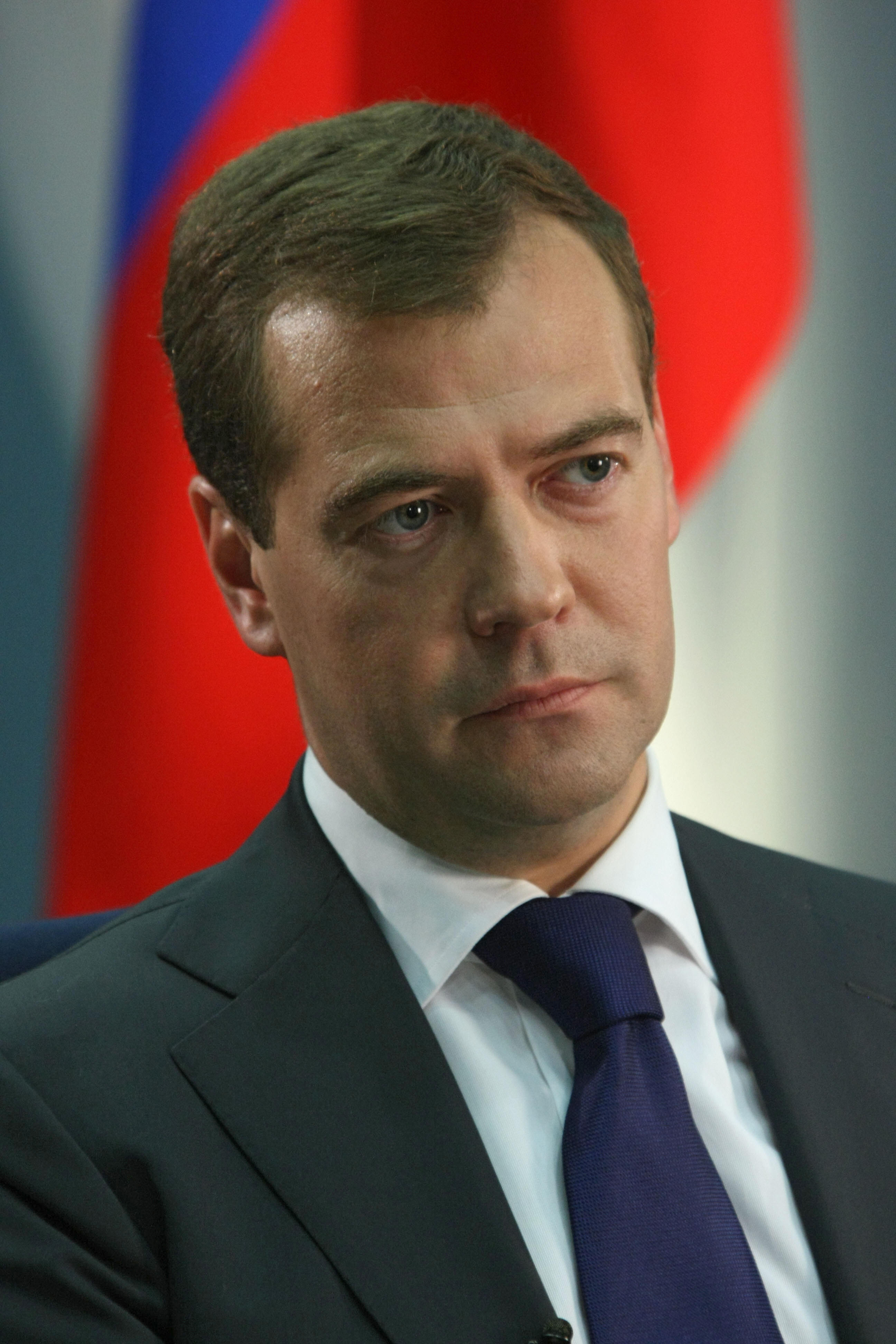 The Russian president Dmitry Medvedev has a comment piece in today’s FT in which he defends his decision to recognise the independence of South Ossetia and Abkhazia by drawing parallels with the West’s recognition of an independent Kosovo. But whatever the rights and wrongs on that front, it’s hard to read Russia’s defiance of the West on this as little more than an act of agression. Accordingly, then, there’s a growing sense that the jaw-jaw just isn’t working. The rhetoric has already stepped up a notch, with Medvedev claiming that “We are not afraid of anything, including the prospect of a new cold war”. And accusations have already started flying around that the Americans are trying to deliver weapons to Georgia.
The Russian president Dmitry Medvedev has a comment piece in today’s FT in which he defends his decision to recognise the independence of South Ossetia and Abkhazia by drawing parallels with the West’s recognition of an independent Kosovo. But whatever the rights and wrongs on that front, it’s hard to read Russia’s defiance of the West on this as little more than an act of agression. Accordingly, then, there’s a growing sense that the jaw-jaw just isn’t working. The rhetoric has already stepped up a notch, with Medvedev claiming that “We are not afraid of anything, including the prospect of a new cold war”. And accusations have already started flying around that the Americans are trying to deliver weapons to Georgia.
It’s a precarious situation for the West. As John Redwood points out in a considered blog post, there’s a whole host of reasons why the West should avoid full-on conflict with Russia at the moment; perhaps chief among them the energy issue. But it’s fast looking like the only way to avoid that outcome is to more or less accept Russian actions in the short term, and then work out a wider, medium term solution that placates Moscow. As Redwood puts it:
“Today the West needs to understand why Russia is so alarmed by NATO’s current stance, and to understand how there is no acceptable military option for the West to dominate in Georgia and to determine borders so close to Russia. In other words, we need to talk to Russia, and to discuss the issue of splinter regions from Georgia. We need to discuss the whole architecture of states around Russia’s western and southern border, to avoid committing NATO to maintain borders we cannot in practise enforce at an acceptable military cost, and to allay Russian fears to make Russian military action less likely.”
Problem is – after recent Russian actions – many Western policymakers will see that approach as increasingly unpalatable.







Comments